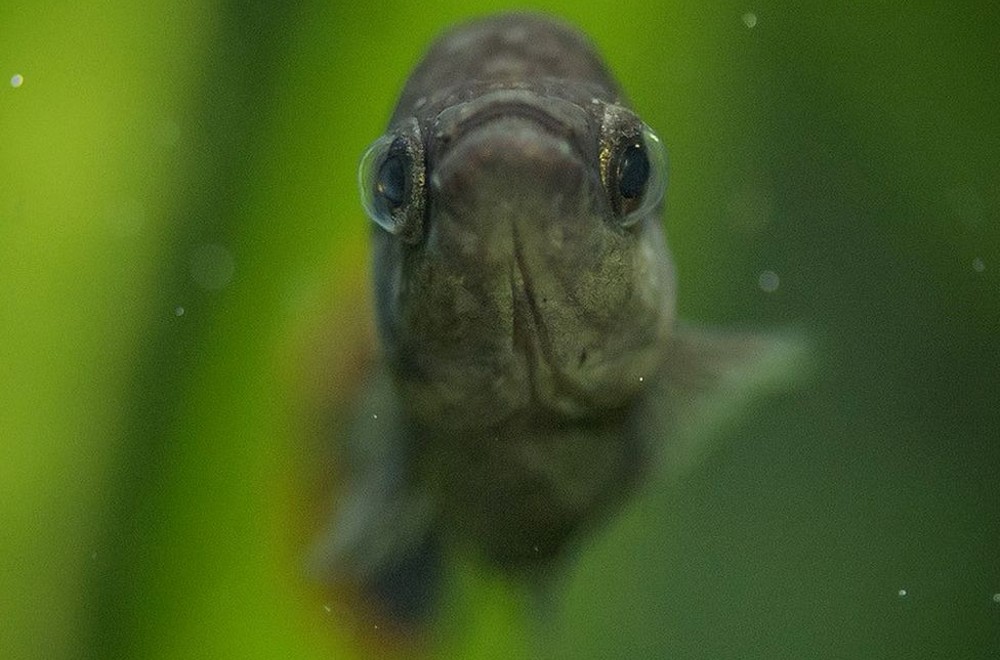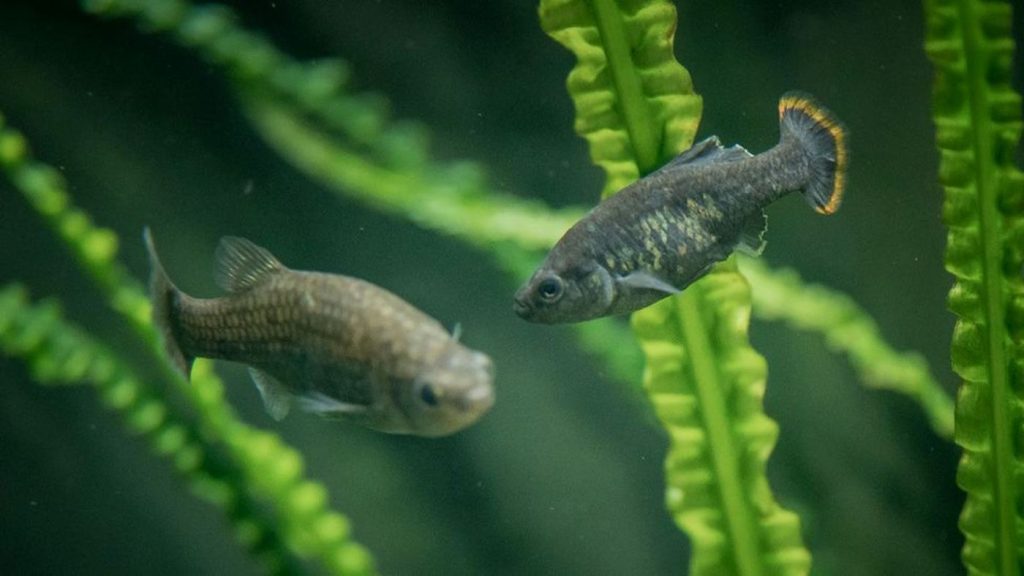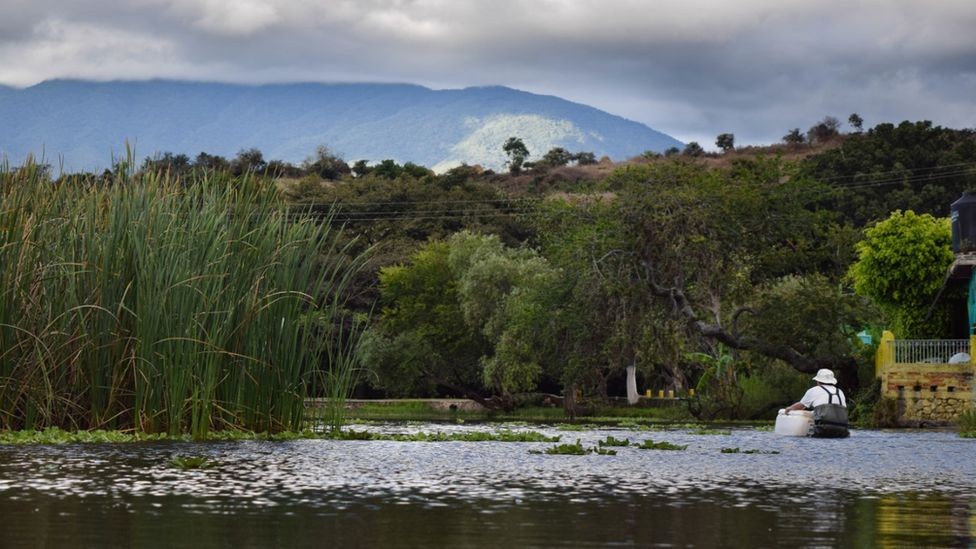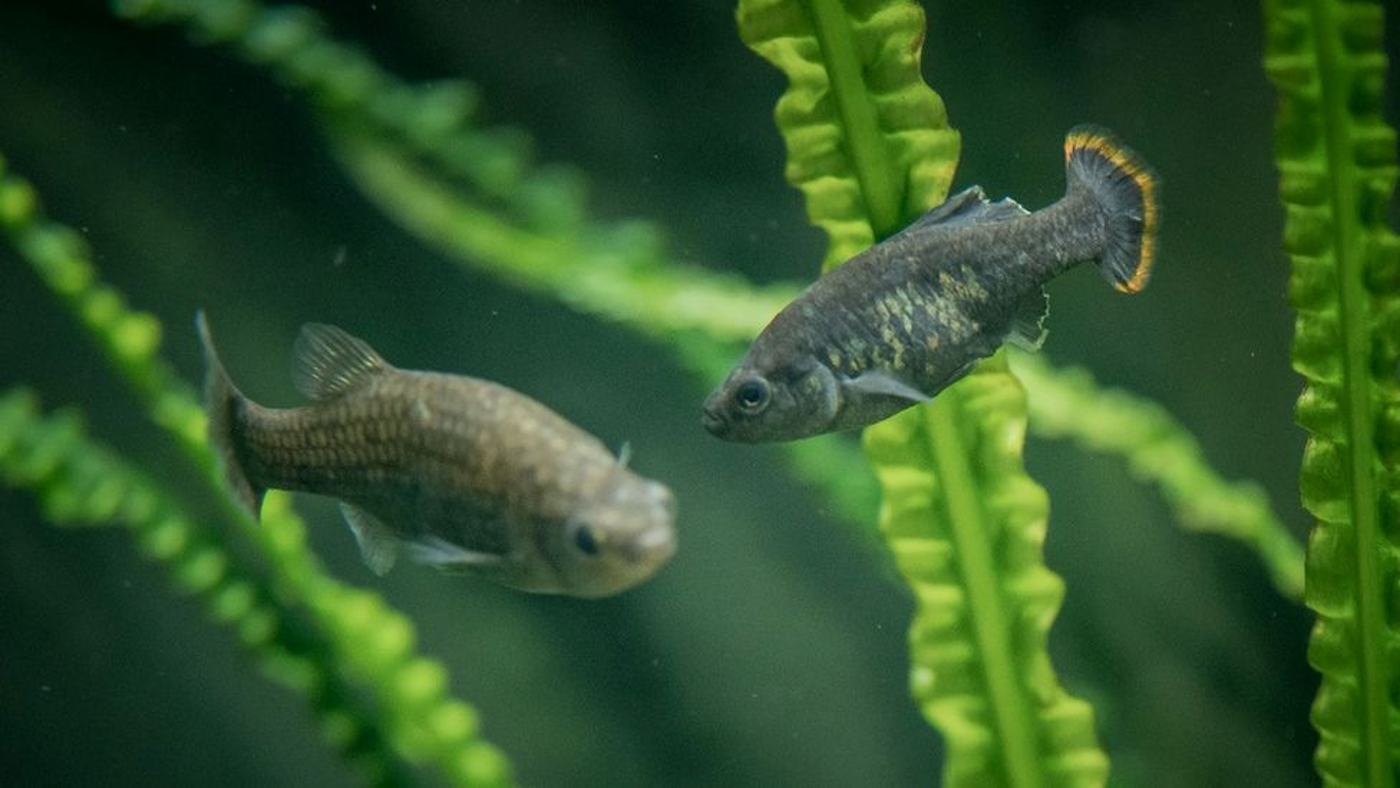
A project to save a tiny fish which began all the way back in 1998 has seen it finally reintroduced back into the rivers of Mexico.
Once extinct in the wild, the Tequila fish is the first Mexican fish to ever come back from so close to the brink.
Conservationists admit that it’s been a long ride and a lot of work to save a drab green, seven-centimeter-long fish that most people have never heard of, but they believe it can be a rallying cry to help protect the country’s waterways.
“It’s a project which has now set an important precedent for the future conservation of the many fish species in the country that are threatened or even extinct in the wild, but which rarely take our attention,” Professor Omar Dominguez, from the Michoacana University of Mexico, told the BBC.
Back in 1998, Chester Zoo in England gave five female and five male tequila fish to Michoacana University, who carefully nurtured them into larger and larger numbers.

To prepare the fish for life in the wild—after it had for some generations known only captivity—Dominguez and his team created large artificial pond habitats in the university.
There were 40 males and 40 females who had to learn to cope with predatory species, parasites, food fluctuations, and more.
RELATED: Scotland Aims to Save Wild Salmon By Planting Millions of Trees Along the Rivers
Though they are small, the Tequila fish is tougher than it looks, and passed this fish-version of the SEAL-teams training program in spades—multiplying to 10,000 individuals in the process.
Dominguez, who relied heavily on local communities to support the reintroduction, released 1,500 fish into the rivers of Jalisco in southwest Mexico.

The population is now growing steadily, and the IUCN has revaluated the species from Extinct in the Wild to Endangered status.
MORE: Iceland To Hang Up Her Harpoons For Good, Issuing No More Whaling Permits
“This just goes to show that animals can re-adapt to the wild when reintroduced at the right time and in the right environments,” conservationist Gerardo Garcia told the BBC.
SWIM This Good Conservation News Over to Those News Feeds…




















